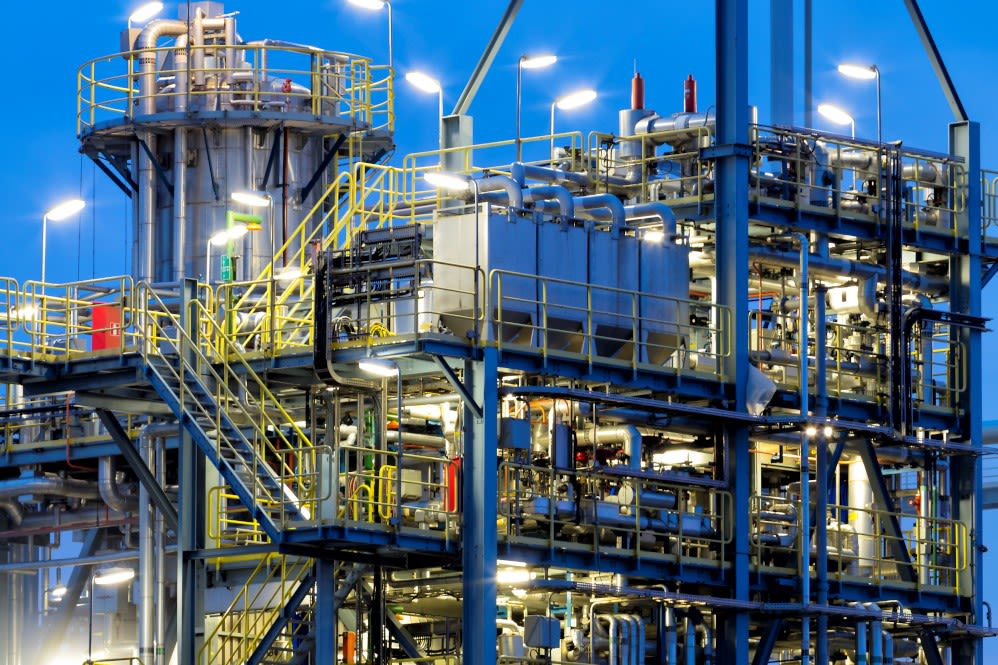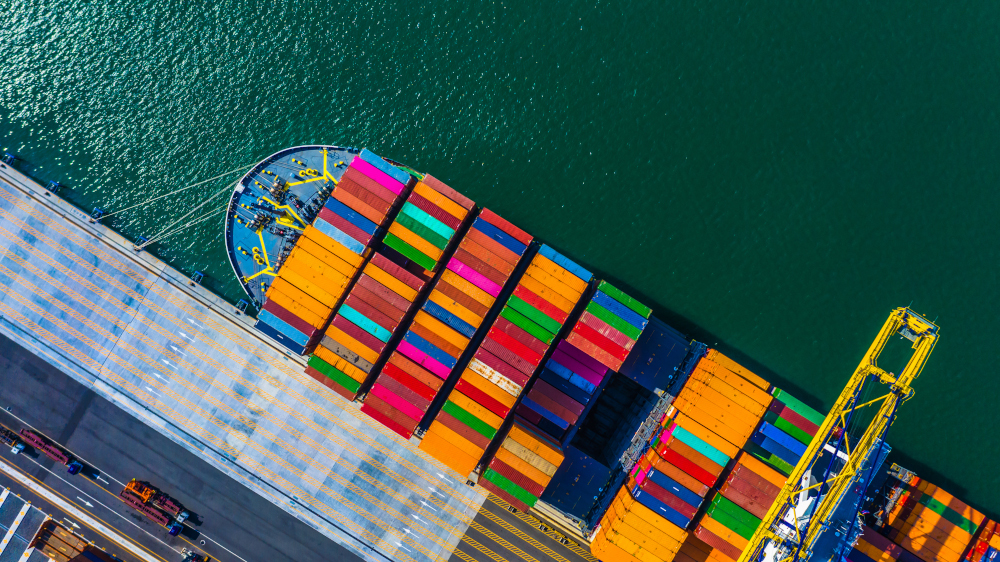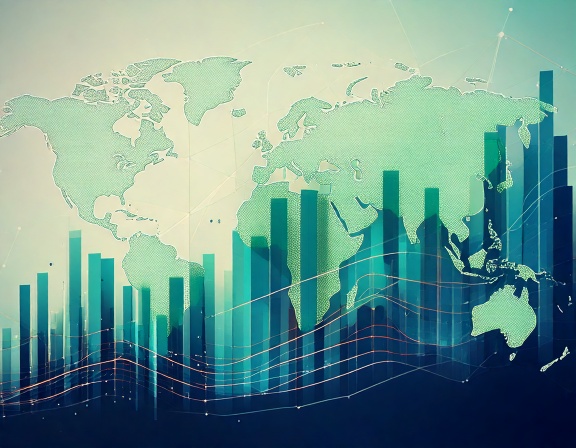Middle East ECM volumes fall as follow-ons stall
Middle East equity capital markets (ECM) volumes have dropped so far in 2025, as follow-on issuance slowed amid weak secondary market performance and persistent valuation gaps.
ECM volumes this year stand at USD 17.4bn across 84 deals, down from USD 21.6bn across 57 deals over the same period in 2024.
The decline was driven largely by a fall in follow-on offerings, which slid to USD 12bn from 37 deals, compared with USD 16.3bn a year earlier.
Market sources cite a combination of soft aftermarket trading, wider geopolitical tensions and investor reluctance to commit fresh capital after a run of disappointing post-IPO returns.
“Saudi Arabia has had a difficult year, with weak aftermarket performance, while UAE IPOs are also facing challenges despite slightly more positive sentiment,” a regional ECM banker said. “Pricing expectations remain the main concern, as investors are not achieving the returns they expect in some cases.”
The AED 10.4bn (USD 2.8bn) block trade in ADNOC Gas in February and ACWA Power’s SAR 7.1bn (USD 1.9bn) rights issue underline the dominance of state-backed owners tapping the equity markets to sell down stakes or raise fresh capital.
IPOs offered a modest bright spot, with volumes rising just a shade to USD 5.4bn from USD 5.3bn last year, driven mainly by the USD 1.09bn listing of Saudi low-cost airline flynas Co SJSC. The next largest was Dubai Residential REIT’s USD 584m flotation in May.
But even here optimism is qualified. Though flynas priced its IPO in May at SAR 80 per share, the top of its price range, trading only kicked off on 18 June – right in the middle of the Twelve-Day War between Israel and Iran. The stock closed at SAR 77.30 on its first day and hit a low of SAR 70.10 in August. While flynas stock has subsequently recovered to SAR 78.20 (as of 18 September), it has never traded close to its issue price.
“I think investors now are going to be a little bit more cautious when it comes to valuations, which may require adjustments,” Saud Altassan, CEO of EFG Hermes, Saudi Arabia said.
If issuers can be persuaded to price conservatively, the IPO pipeline for the remainder of the year could yet restore cheer.
“The Saudi Exchange expects to finish 2025 with 37 IPOs, compared with 31 last year, a 20% increase in offering size,” Mohammed Al Rumaih, CEO, The Saudi Exchange said at EFG Hermes 11th Annual London Investor Conference held September 8–11, 2025. “Around 50 SPACs are in the pipeline, linked to more than 100 companies, with all three—SPACs, DRs, and derivatives—targeted to be fully active by 2026.”
By country, Saudi Arabia continues to dominate regional equity markets with USD 5.8bn from 35 deals.
However, this is sharply lower than the USD 17.3bn from 37 deals recorded in 2024, reflecting the absence of mega-blocks such as last year’s large state selldowns, a lighter rights-issue calendar and slower privatisation momentum as the government focuses on domestic funding needs.
The UAE followed with USD 5.7bn, up from USD 3.3bn last year, largely driven by the ADNOC selldown. Rounding out the top five were Israel (USD 3.6bn, up from USD 574m), Kuwait (USD 1.5bn, up from USD 353m) and Oman (USD 477m, up from USD 46m).













